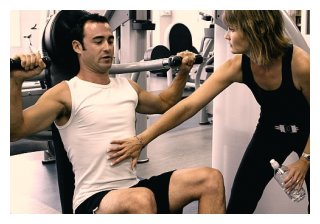Since heart disease is the number 1 cause of death in the U.S., those of us oriented toward prevention can adjust our lives to improve heart function.
While doing some nutritional research I came across an article published in the Journal of the American College of Cardiology 2001;37;1765-1774 titled "Chronic Heart Failure & Micronutrients"
Heart failure is usually preceded by any of the following: coronary artery disease, heart attack, hypertension, cardiomyopathy ( a disorder of the heart muscle). Other more obscure less recognized precedents are nutritional deficiencies, hidden infections, drug side effects, inflammatory disorders of the heart, heavy metal toxicity, abnormal heart rhythms, hyperthyroidism, hypothyroidism, faulty heart valves, congenital heart disease, diabetes, severe anemia, emphysema, to name some but not all causes.
What we do know is that a specific deficiency of Selenium, Calcium or vitamin B1 can directly cause heart failure.
The article about nutrients affecting Heart Failure also mentioned the importance of Vitamins C, E, B6, B12 & Folic Acid, Carnitine, Co-Enzyme Q10, and Creatine. I will add that Magnesium, Potassium, Copper, Resveratrol and vitamin D are also relevant re keeping the heart healthy.
The article I have been citing concluded there was "sufficient evidence to support large-scale trials of dietary micronutrient supplementation in Heart Failure."







